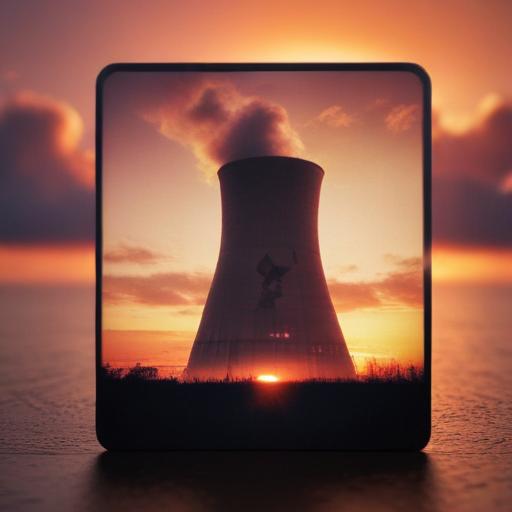Currently, there are nine countries that either publicly declare having nuclear weapons or are widely believed to possess them. Among these, the five original nuclear weapon states — the United States, Russia, China, France, and the United Kingdom — established their arsenals before the formation of the Nuclear Nonproliferation Treaty (NPT). All five are NPT signatories, which obligate non-nuclear states not to develop nuclear weapons while encouraging those with nuclear capabilities to pursue disarmament negotiations.
India and Pakistan, rivals in South Asia, are not NPT signatories and have progressively developed their nuclear arsenals. India first conducted a nuclear test in 1974, followed by another test in 1998, to which Pakistan responded with its own tests just weeks later. Although Israel has never officially confirmed its nuclear arsenal, it is generally believed to possess nuclear weapons, despite its non-signatory status to the NPT.
North Korea joined the NPT in 1985 but withdrew in 2003, citing perceived threats from the United States. Since then, North Korea has conducted multiple nuclear tests, advancing its military capabilities significantly. Meanwhile, Iran maintains that its nuclear program is intended for peaceful purposes only. Recent assessments from U.S. intelligence agencies suggest that, as of now, Iran is not actively pursuing the bomb, though it has enriched uranium to levels close to weapons-grade purity.
According to a recent annual report from the Stockholm International Peace Research Institute, the estimated stockpiles of military nuclear warheads for these nine countries as of January are as follows:
– Russia: 4,309
– United States: 3,700
– China: 600
– France: 290
– United Kingdom: 225
– India: 180
– Pakistan: 170
– Israel: 90
– North Korea: 50
Understanding the distribution and quantity of nuclear arsenals is crucial in the ongoing efforts for global disarmament and maintaining international stability. Despite the challenges, there remains a collective hope that diplomatic engagements and treaties can foster a path toward a more secure and peaceful future.
